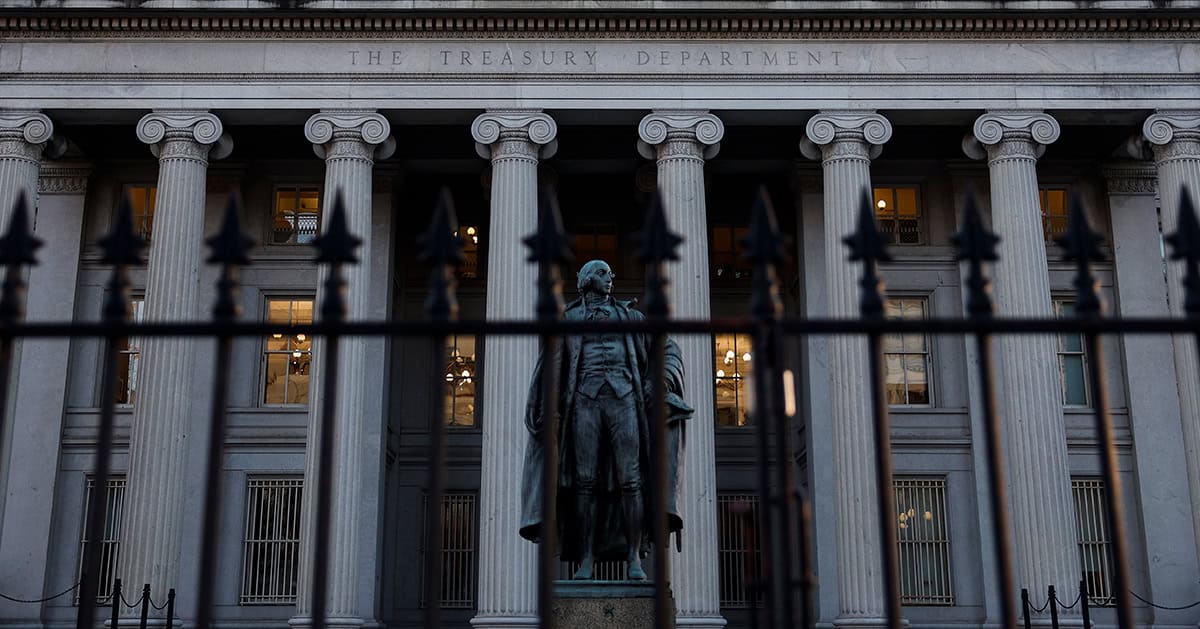CBO Analysis Shows President Trump’s Budget Fails to Stabilize National Debt

NEW YORK — Michael A. Peterson, Chairman and CEO of the Peter G. Peterson Foundation, commented today on the nonpartisan Congressional Budget Office (CBO) analysis of the President’s proposed Fiscal Year 2019 budget:
“Today’s report provides further evidence that we remain on an unsustainable fiscal path that will damage our economy, and we are lacking leadership to put us on a better course.
“CBO finds that the President’s proposals would make no significant improvement to our fiscal situation and rely heavily on unlikely spending cuts. Under the President’s priorities, interest would remain the fastest growing budget category, and our national debt would continue its upward trajectory.
“We’re clearly heading in the wrong direction, and it’s unfortunate that our leaders are not putting forward credible plans to improve our fiscal foundation. Policymakers should make sure that the country leaves opportunities – not insurmountable debt – for the next generation of Americans.”
In its new analysis, the CBO reports that if the President’s budget were adopted:
- Debt relative to the size of the economy would grow from 78 percent at the end of this year to 86 percent at the end of 2028.
- The federal deficit would be $2.9 trillion lower between 2019 and 2028 relative to the baseline, but would still grow by $9.5 trillion over that period.
- Spending would decrease by $3.5 trillion over the next decade, while revenues would be reduced by $0.6 trillion.
- Spending cuts would focus largely on nondefense discretionary programs, which would be reduced by $2.1 trillion (excluding spending designated for overseas contingency operations) over 10 years. In addition, mandatory spending for healthcare would be lower by $1.3 trillion, with reductions focused largely on Medicaid and subsidies for health insurance coverage purchased through the marketplaces established by the Affordable Care Act.
Further Reading
Lifting the Debt Ceiling Has Been Paired with Budget Reform in the Past
Earlier this year, the United States once again hit its debt ceiling, which is currently capped at $31.4 trillion.
U.S. Healthcare System Ranks Seventh Worldwide — Innovative but Fiscally Unsustainable
Spending on healthcare in the United States has far outpaced other major healthcare systems without yielding better outcomes.
Infographic: How Are Capital Gains Taxed?
The capital gains tax, which is a levy on said profits, is categorized as part of individual income tax revenues, but it is administered at a lower rate than ordinary income.


